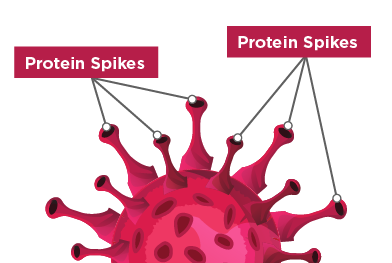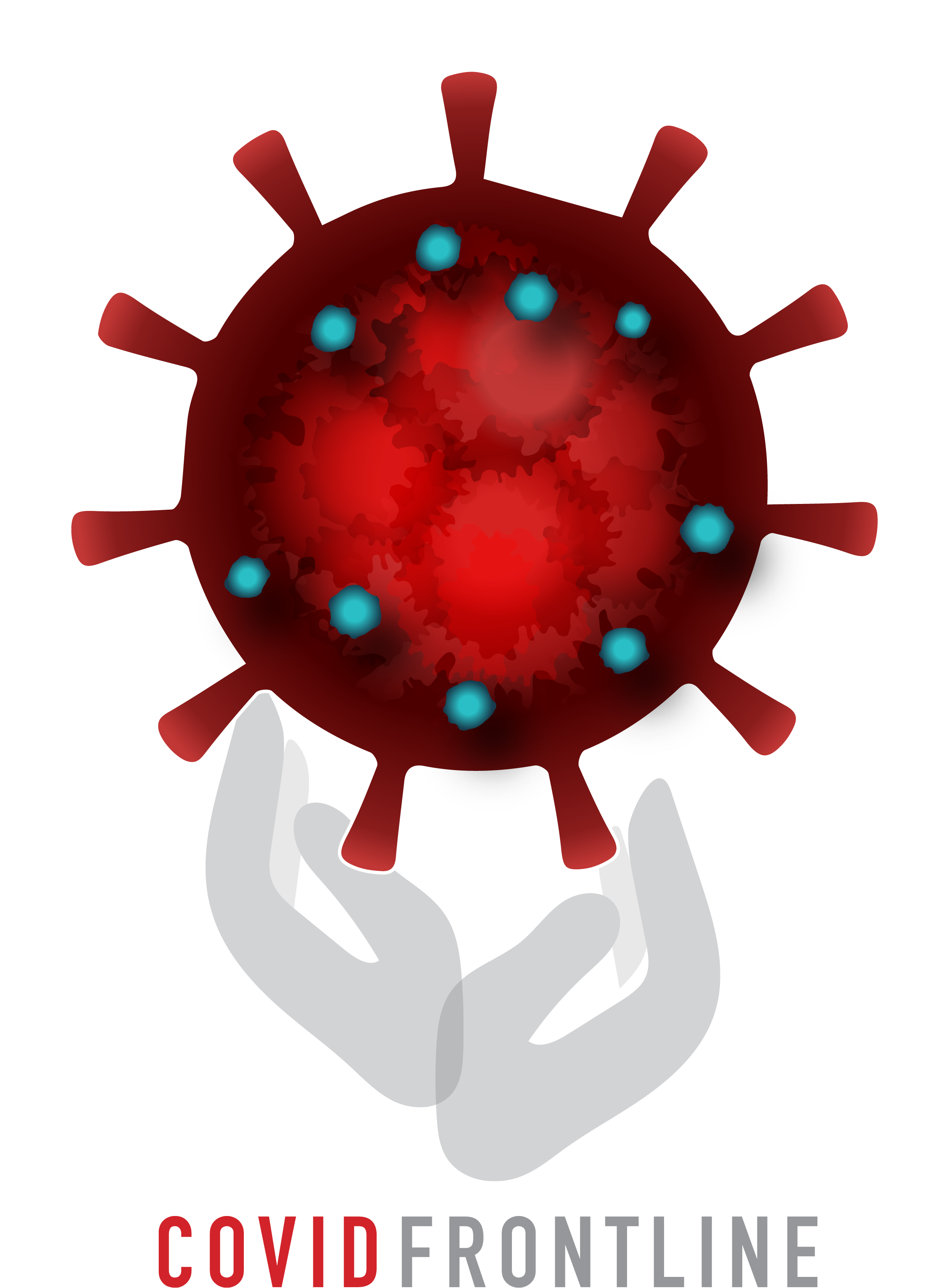The novel messenger RNA (mRNA) vaccines developed by Pfizer-BioNTech (BNT162b2) and Moderna (mRNA-1273) carry the genetic code the host cell needs to make the surface spike protein antigen to closely mimic a natural infection.1
To study the effectiveness of these vaccines, the US Centers for Disease Control and Prevention (CDC) conducted a longitudinal real-world study evaluating BNT162b2 and mRNA-1273 in nearly 4,000 healthcare professionals and first responders. Interim results show reduced risk of infection by 80% after partial vaccination, which fell to 90% after the second dose.2 These findings are similar to later stage trials showing that two-dose regimens of BNT162b2 and mRNA-1273 provide approximately 95% protection against COVID-19.3,4
Serum samples of people who received mRNA-1273 were assayed against a recombinant vesicular stomatitis virus (rVSV)-based SARS-CoV-2 model of pseudoviruses carrying the strains B.1.1.7, B.1.351, P.1, B.1.427, B.1.429, B.1.1.7+E484K, and other variants.8 The study showed no significant effect on neutralization of B.1.1.7, but a decrease in titers of neutralizing antibodies against P.1, B.1.427, B.1.429, B.1.1.7+E484K, and B.1.351 variants.8

References
- Abbasi J. COVID-19 and mRNA vaccines—first large test for a new approach. JAMA. 2020;324(12):1125-1127.
- Thompson MG, Burgess JL, Naleway AL, et al. Interim estimates of vaccine effectiveness of BNT162b2 and mRNA-1273 COVID-19 vaccines in preventing SARS-CoV-2 infection among health care personnel, first responders, and other essential and frontline workers — Eight U.S. Locations, December 2020-March 2021. MMWR Morb Mortal Wkly Rep. ePub: 29 March 2021.
- Polack FP, Thomas SJ, Kitchin N, et al. Safety and efficacy of the BNT162b2 mRNA Covid-19 vaccine. N Engl J Med. 2020;383:2603-2615.
- Baden LR, El Sahly HM, Essink B, et al. Efficacy and safety of the mRNA-1273 SARS-CoV-2 vaccine. N Engl J Med. 2021;384:403-416. 5. CDC. SARS-CoV-2 Variant Classifications and Definitions. Available at https://www.cdc.gov/coronavirus/2019-ncov/cases-updates/variant-surveillance/variant-info.html. Accessed March 31, 2021.
- Rubin R. COVID-19 vaccines vs variants—determining how much immunity is enough. JAMA. Published online March 17, 2021. Accessed March 30, 2021.
- Liu Y, Liu J, Xia H, et al. Neutralizing activity of BNT162b2-elicited serum. N Engl J Med. March 8, 2021. DOI: 10.1056/NEJMc2102017

